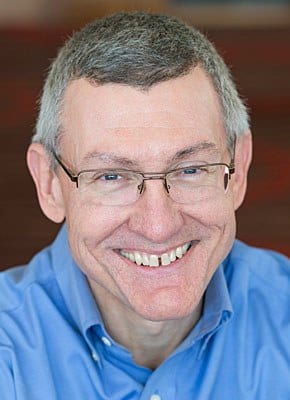
Russell Siler Jones, ThD, LCMHCS directs the Residency in Psychotherapy and Spirituality at CareNet, a statewide counseling subsidiary of the Wake Forest Baptist/Advocate Healthcare network, leads Spiritually Integrated Psychotherapy trainings through ACPE, and speaks and teaches in other settings.
He is author of Spirit in Session: Working with Your Client’s Spirituality (and Your Own) in Psychotherapy (Templeton Press, 2019), is working on a second book, and writes regularly on Substack.
Russell closed his therapy practice in June of 2025.
For more information, please visit russellsilerjones.com.
